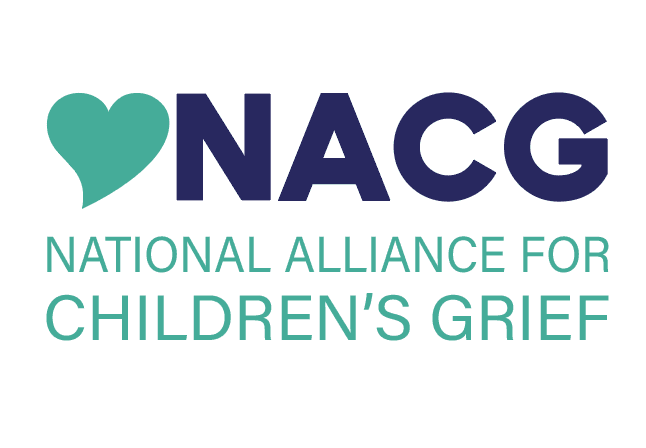
The grieving process can leave us with many complex emotions, especially during times when difficult memories arise. Coping with memories and milestones can feel overwhelming, especially when you are navigating all of the changes that come with loss. When discussing grief, it is important to address secondary losses. Secondary losses encompass all the losses associated with losing a loved one. These types of losses can vary between individuals but can include the loss of a routine, loss of support, or the loss of a future with that individual. Understanding these losses is crucial for coping with the memories and grief milestones you may experience. When coping with secondary losses, it is important to acknowledge and validate your emotions and allow yourself to grieve the changes you now need to navigate. Here are some ideas to help cope with memories and milestones associated with grief.
Creating a Memory Box: Memories can feel triggering during your grieving process and bring up challenging emotions. Sometimes you may even want to avoid memories of your loved one altogether because remembering is too painful. However, suppressing and avoiding these memories can amplify feelings of grief. During these moments, it may be helpful to focus on positive memories. While these memories can be bittersweet, finding ones that elicit positive emotions can help reframe experiences in a more positive light.
One way you can do this is by creating a memory box. You and important people in your life can come together and collect items that remind you of your loved one. The memory box can be filled with objects that remind you of a memory of them, or you can write a note or a letter commemorating them and keeping your memories safe. By doing this, you can create a tool for yourself where you can replace some difficult memories with fonder ones.
Beginning new Traditions: Milestones such as anniversaries, birthdays, holidays, or any significant event can be painful memories of your loss. These occasions can serve as reminders of the absence of your loved one, exacerbating difficult emotions. However, they can also be opportunities to celebrate their life, legacy, and memories you had with them. You can try establishing new traditions or rituals to honor your loved one's memory during these milestones.
It may also be important to surround yourself with your support system during particularly difficult days in your grieving process and lean on friends, family and peers who can offer you comfort and companionship during these difficult times. Allow yourself to feel whatever emotions arise and be gentle with yourself as you navigate these significant moments.
Proactive Self-Care: Self-care is a powerful tool for coping with difficult memories and grief milestones. Through the grieving process, we do not want to push through the pain, instead, we can prepare ourselves to effectively cope during times we know may be difficult. One idea for navigating milestones or days with difficult memories is to engage in proactive self-care. This could involve planning activities ahead of time, like scheduling a call with a friend or planning a joyful activity for the days you know will be difficult. Perhaps you could engage in an activity that brings forth positive memories of your loved one. Remember, self-care can look different for everyone.
The goal of planning self-care activities ahead of time is to remove the emotional labor of trying to figure out how to cope in the moment and create a game plan you can refer to during the more difficult days. When engaging in proactive self-care you can increase your resiliency and reduce your vulnerability to difficult emotions. As you nurture yourself through proactive self-care, you create space for healing amidst grief.
All emotions that you experience during the grieving process are to be expected and valid. Coping with memories, milestones, and secondary losses is a natural part of the grieving process and it is important to practice kindness during the hard moments. While it can feel overwhelming at times, it is important to remember that grief is a normal and natural response to loss. By acknowledging your feelings, seeking support, and finding ways to cope, you can navigate through the challenges that come with grief and loss.
The Children's Bereavement Center “CBC” is a 501(c)(3) nonprofit organization providing FREE grief support groups for all ages (4+). Lift From Loss® is a division of CBC providing support for young adults and adults. For additional resources, visit our website at www.childbereavement.org. To register for our free virtual grief support groups, call us at (888) 988-5438 or e-mail support@childbereavement.org.







